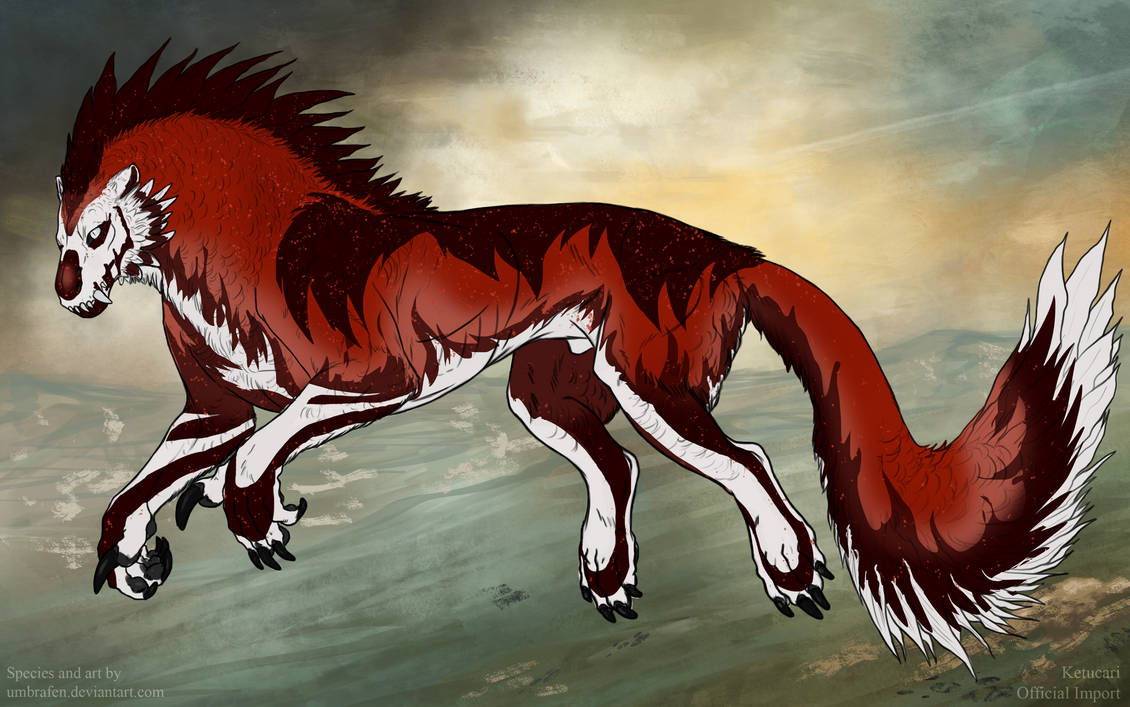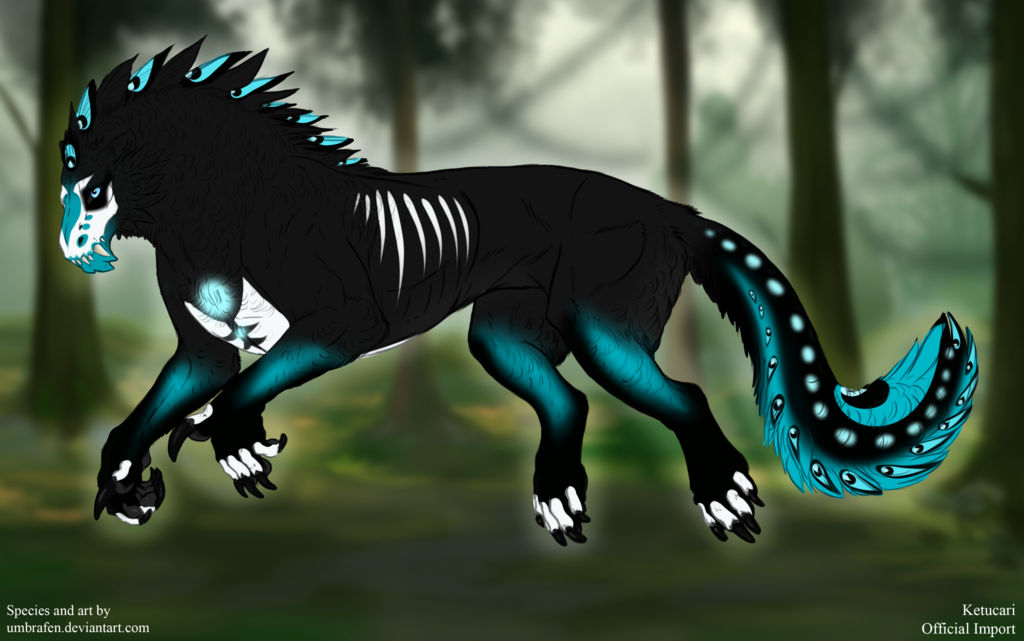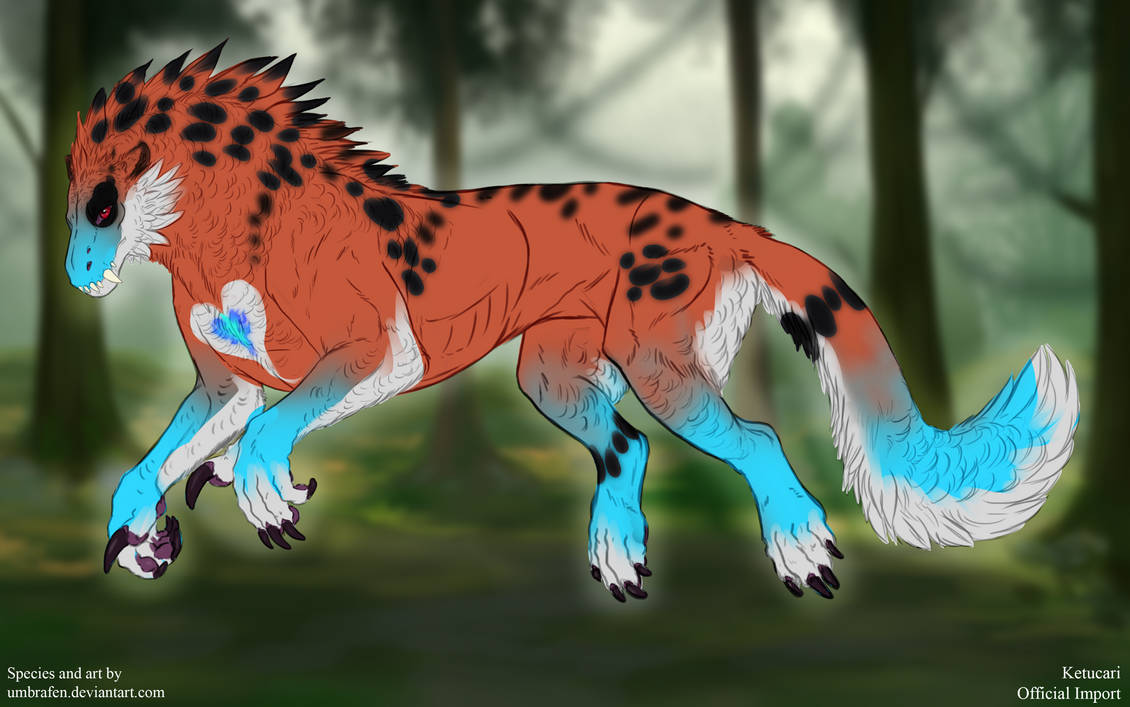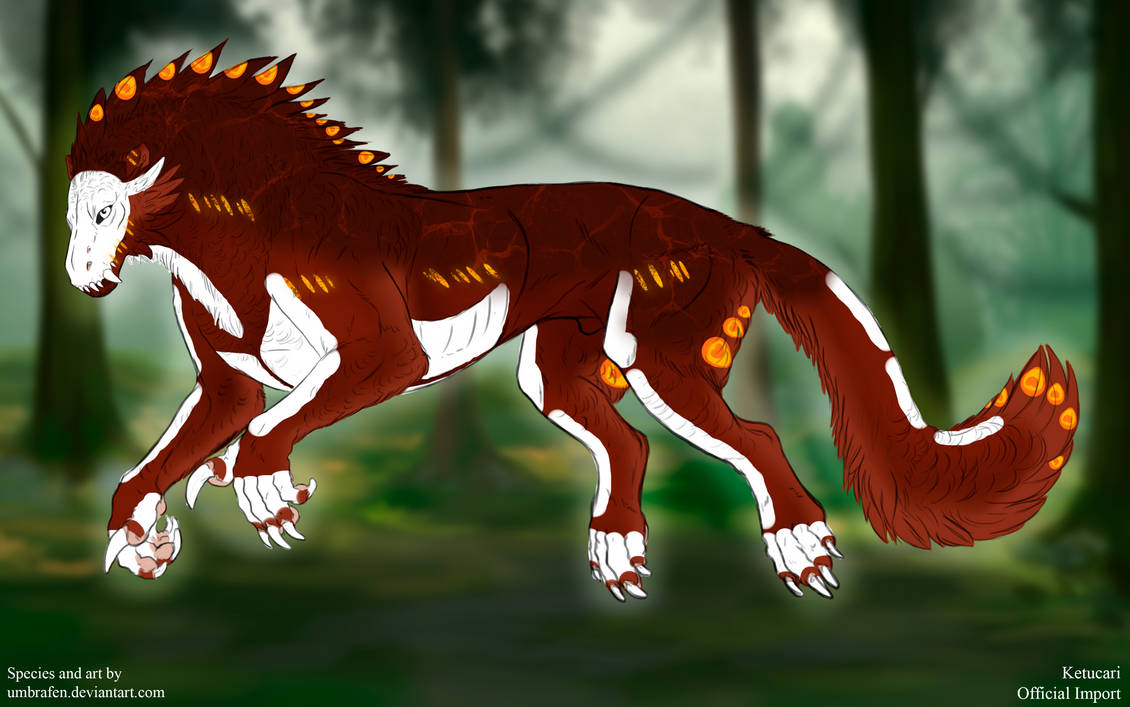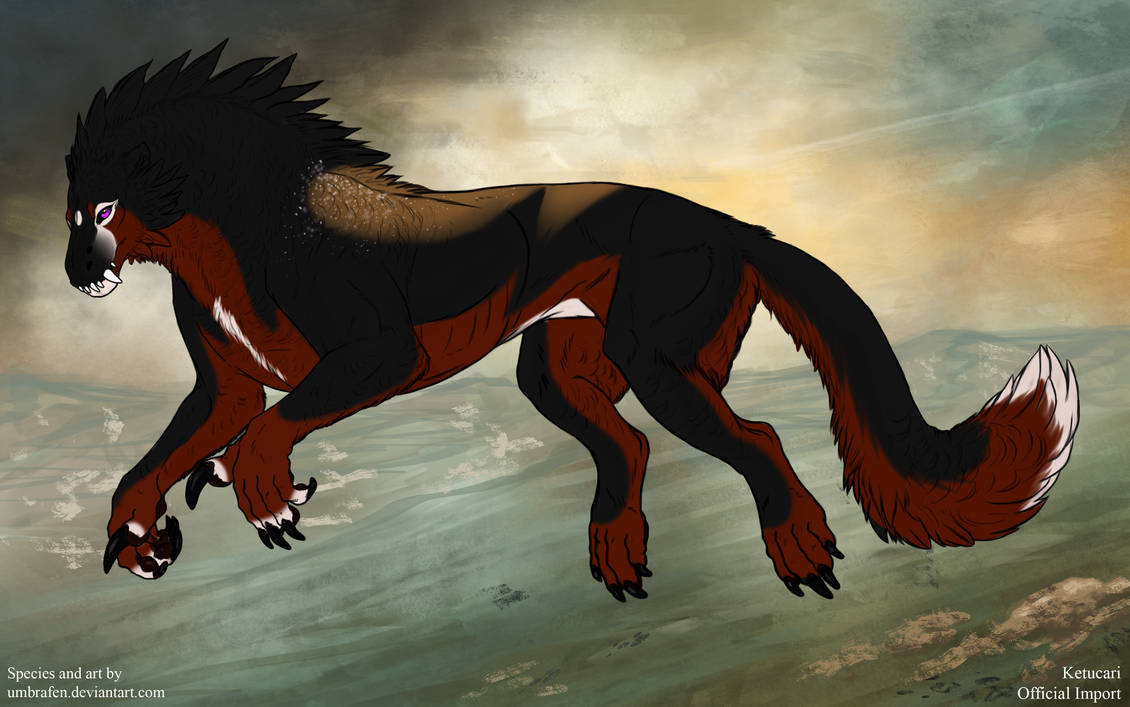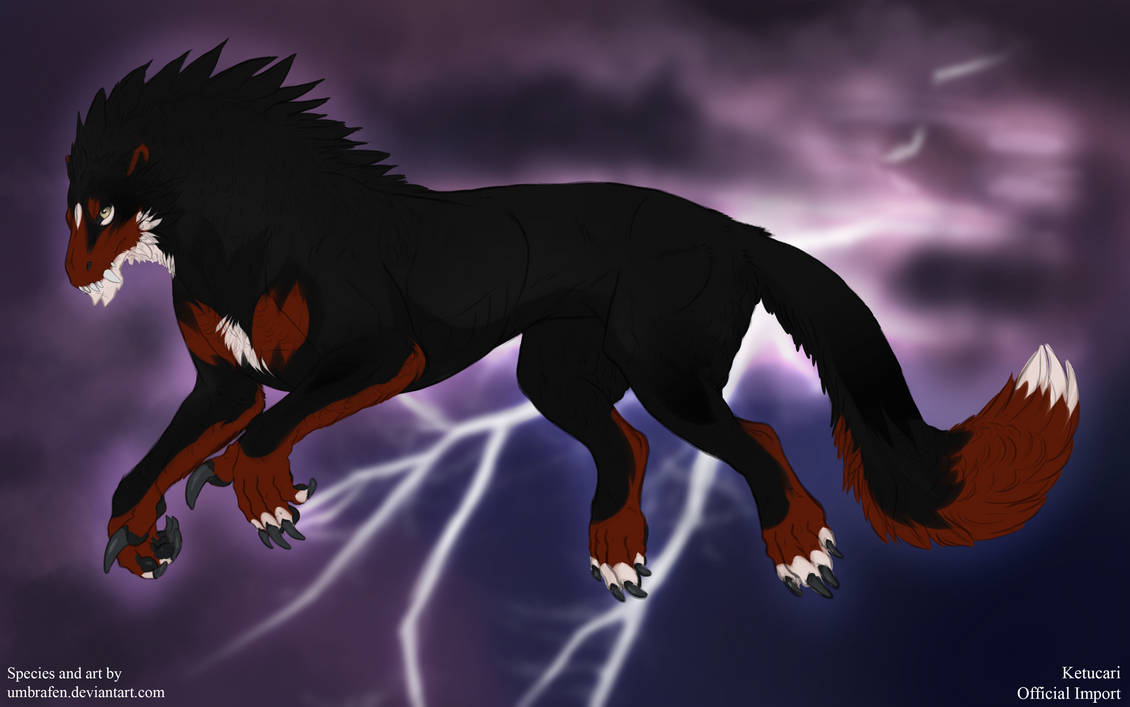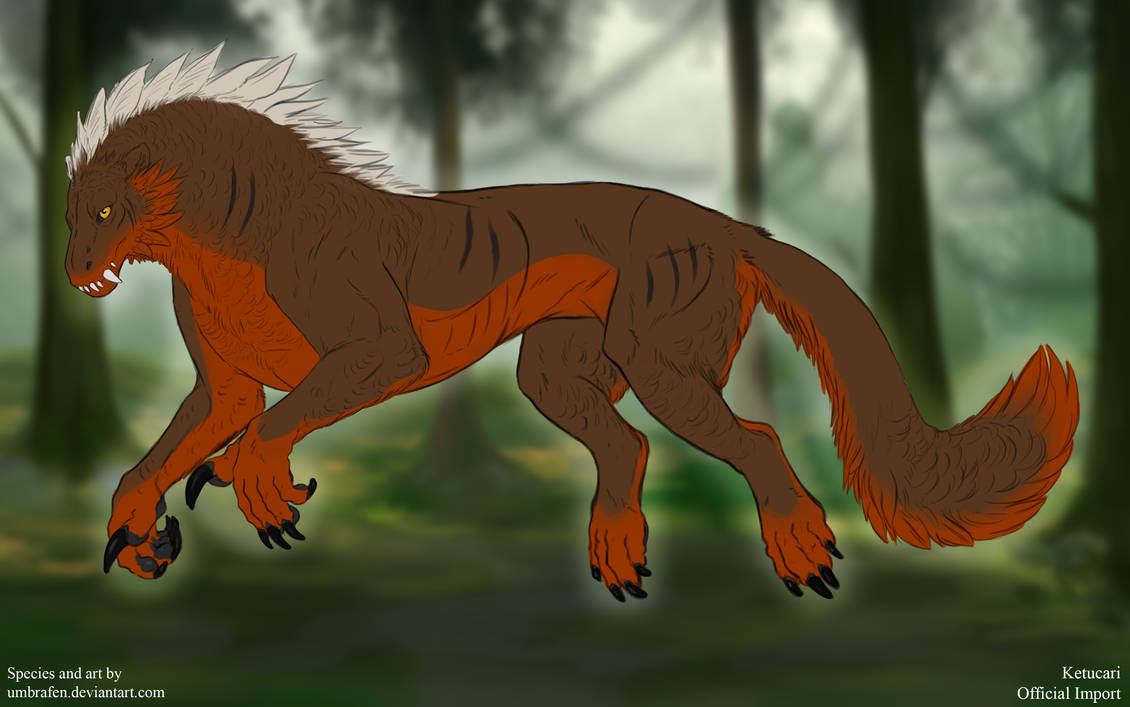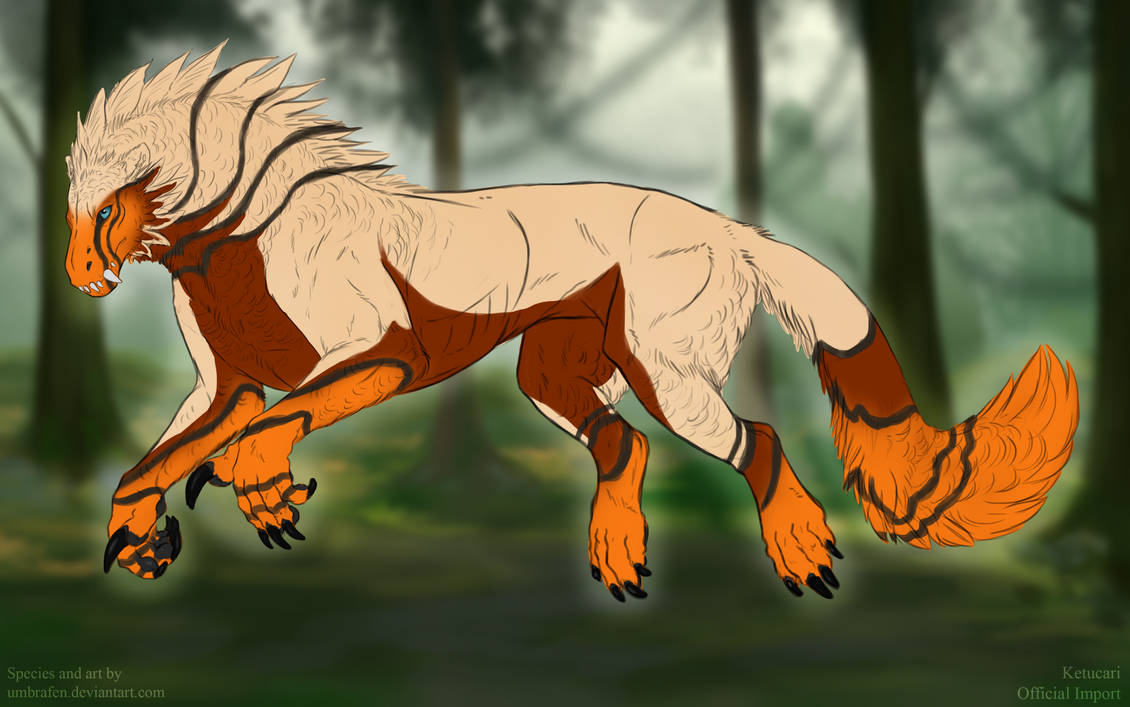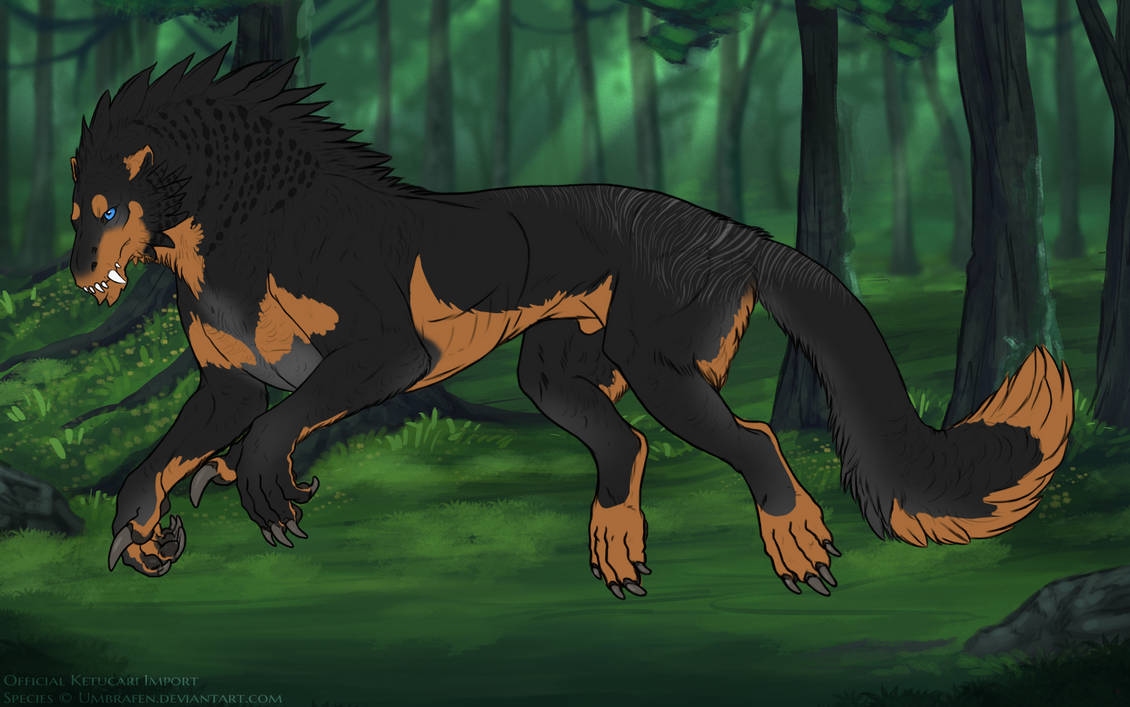Mud
Examples
Basics
Color
Range
There is no minimum for mud, but it must always be visible (unless a white marking covers it) and cover at least 10% of the underside. Below is the maximum range for mud.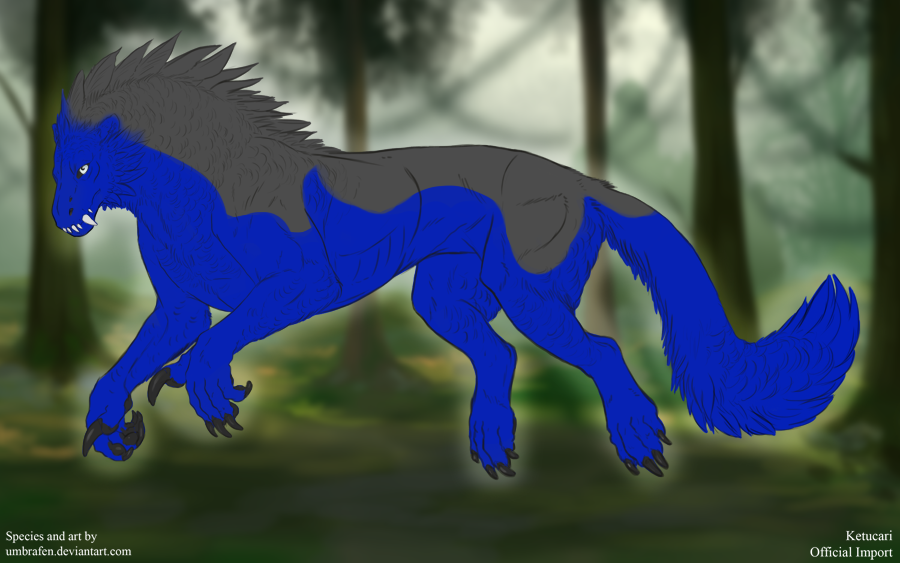
Our starter Eraku has an example of 'absolute minimum' we look for to ensure Washout (and other genes like it such as Mud and Tar Pit) are present: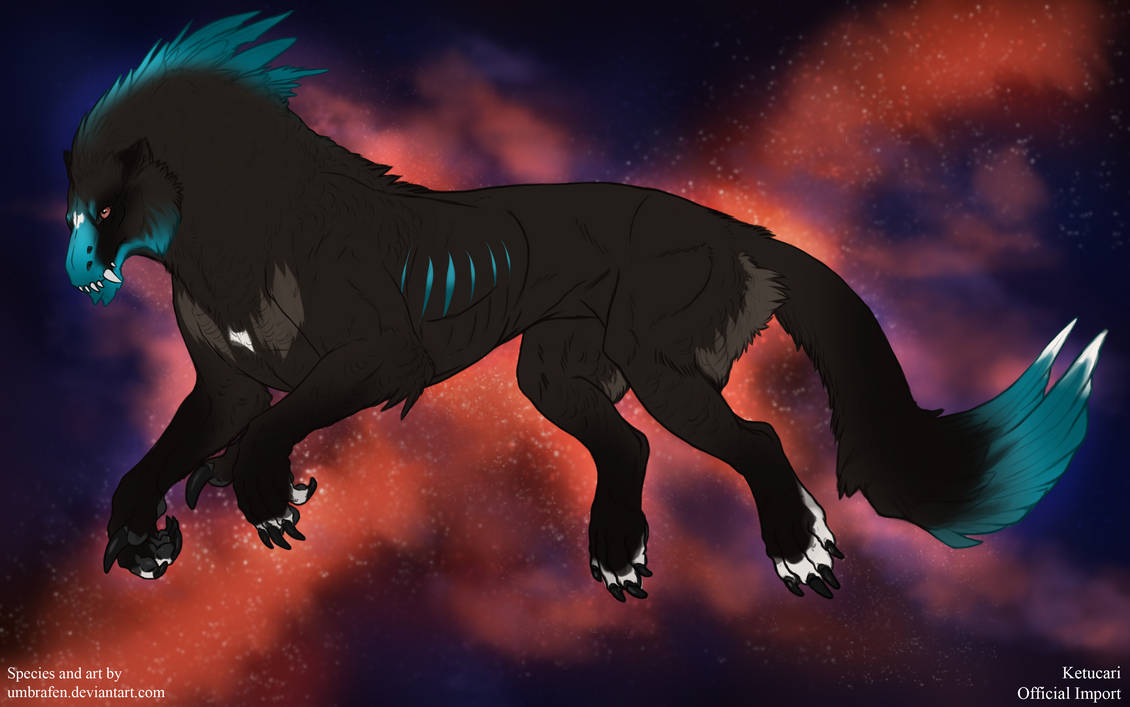
Interaction with Other Markings
![]() The only marking mud must go over is pangare. All others may be layered over it.
The only marking mud must go over is pangare. All others may be layered over it.![]() Dusky points must be distinguished from mud when occurring in the same ketucari.
Dusky points must be distinguished from mud when occurring in the same ketucari. ![]() Mid may be affected by Empty, allowing it to appear as an outline or with a cutout.
Mid may be affected by Empty, allowing it to appear as an outline or with a cutout.
Accents
Here are some small accents you can add to your designs to make them more unique!![]() This gene must be predominantly hard-edged, but may have small areas that fade out, such as the white washout near Ashoka's eyes.
This gene must be predominantly hard-edged, but may have small areas that fade out, such as the white washout near Ashoka's eyes.
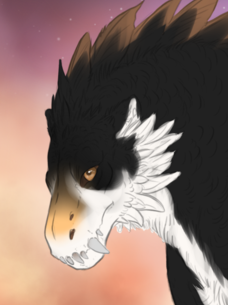
![]() You may use up to three shades of the same hue in mud. These colors must be layered inside of each other, like below. Be careful with how you layer the colors and create the edges, as your design will be rejected if it too closely resembles merle.
You may use up to three shades of the same hue in mud. These colors must be layered inside of each other, like below. Be careful with how you layer the colors and create the edges, as your design will be rejected if it too closely resembles merle.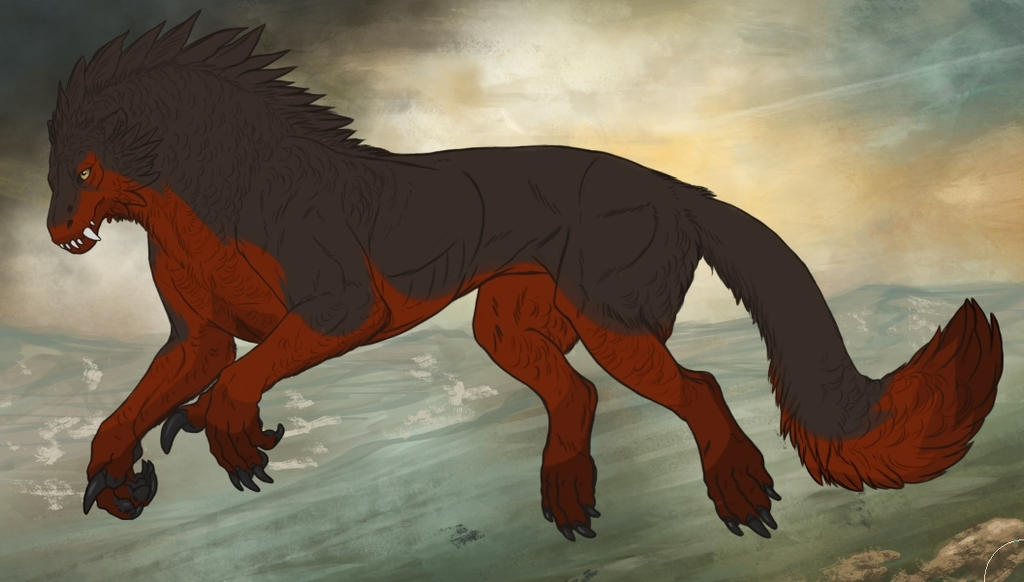
![]() Mud may have a subtle gradient, like below. Gradients that are too overbearing will be rejected.
Mud may have a subtle gradient, like below. Gradients that are too overbearing will be rejected.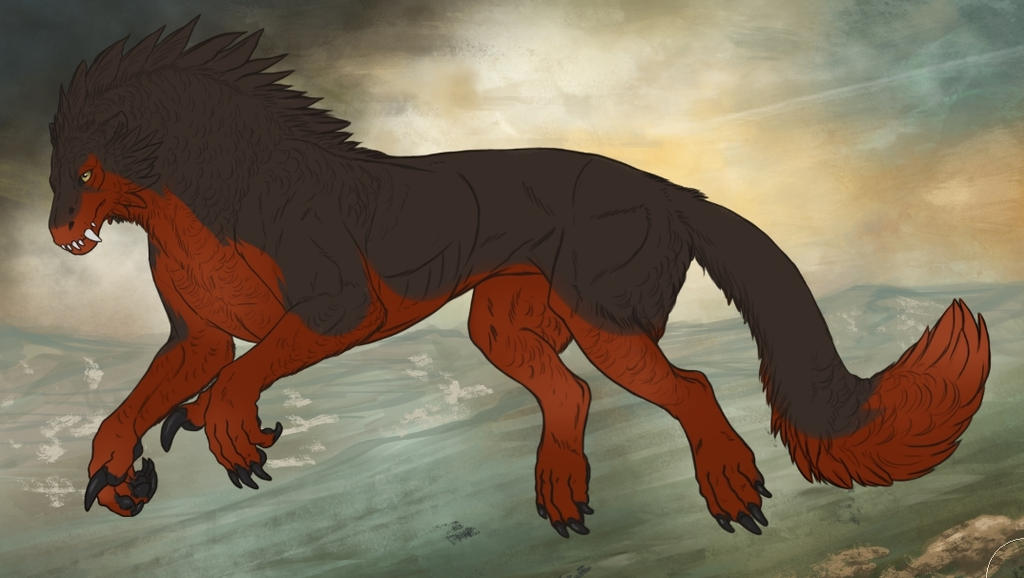
Small cut-outs may be present in the marking, like below. 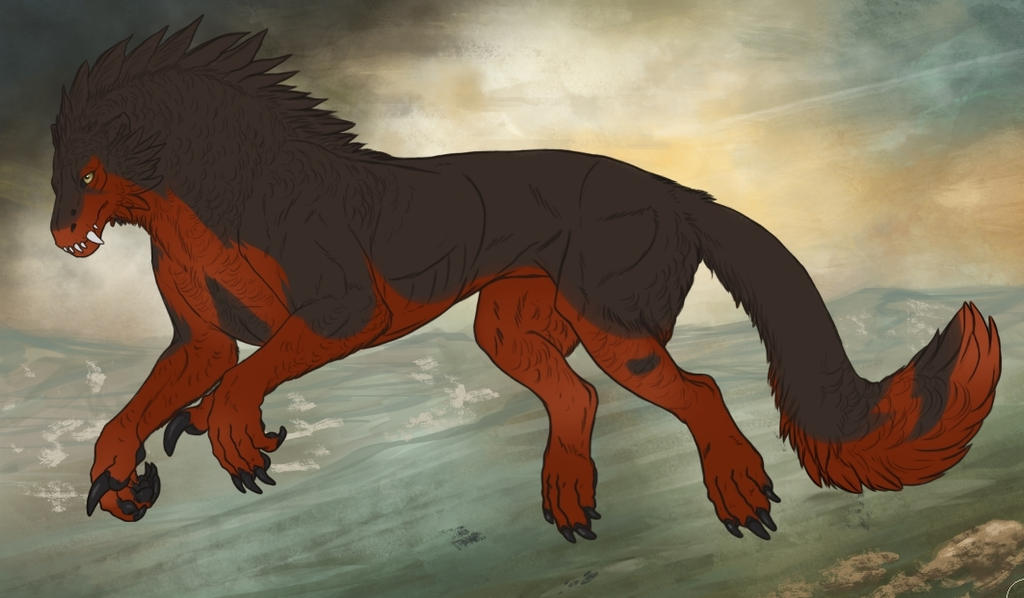
![]() While mud generally calls for "natural" edges, stylization is allowed to some extent. Excessive stylization (such as making your ketucari look like it has tribal tattoos) will cause the design to be rejected. While the examples below show washout stylization, the same thing can be done with mud.
While mud generally calls for "natural" edges, stylization is allowed to some extent. Excessive stylization (such as making your ketucari look like it has tribal tattoos) will cause the design to be rejected. While the examples below show washout stylization, the same thing can be done with mud.